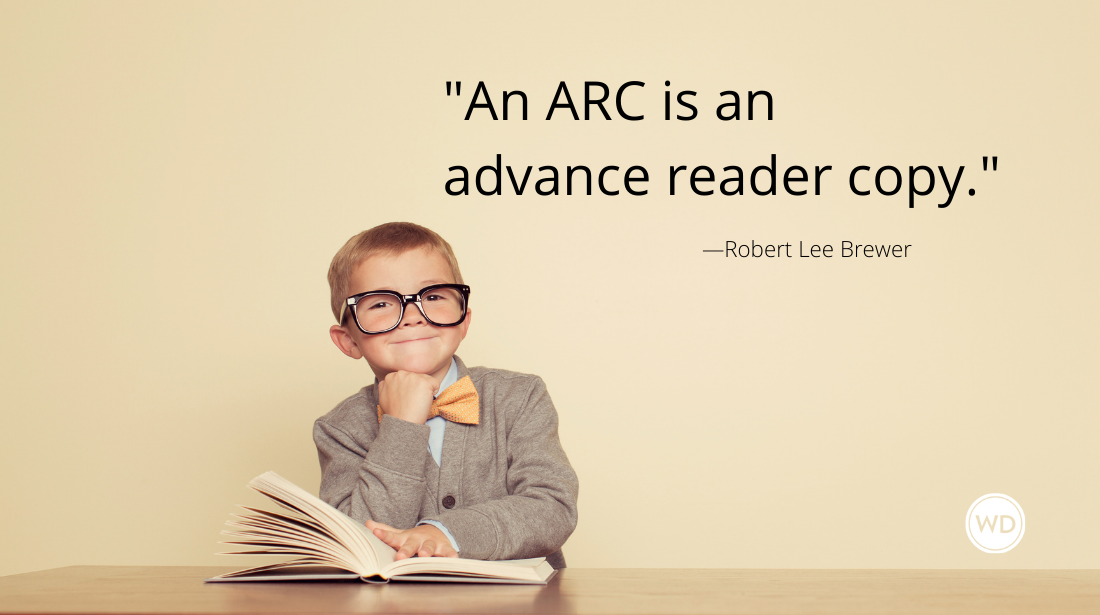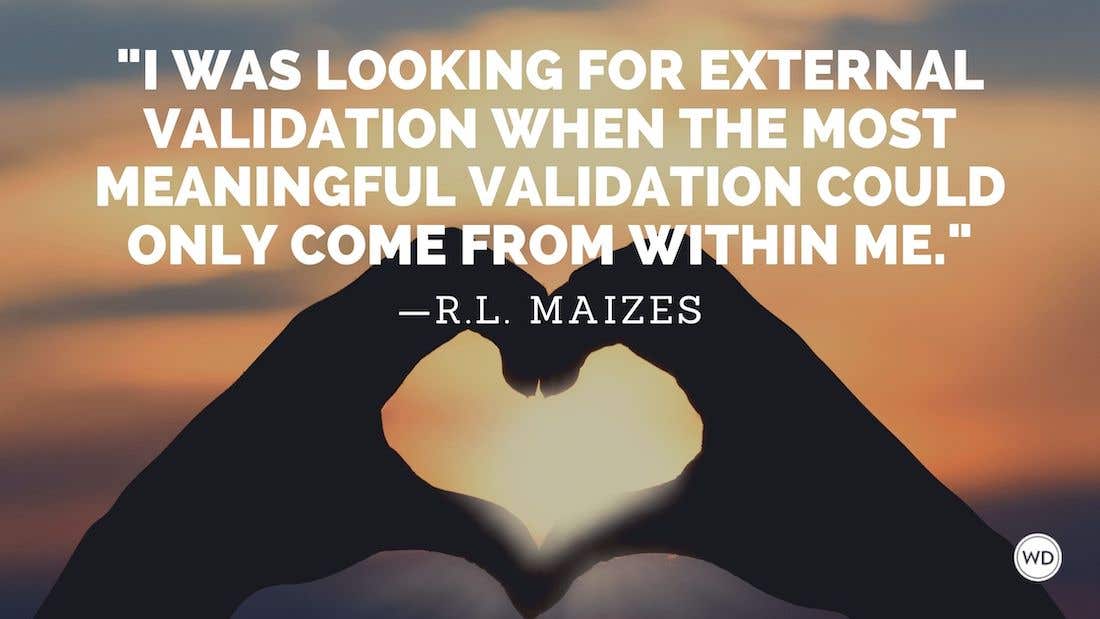Should Writers Have a Blog?
Should writers have a blog? Does it make sense for everyone? And if not, when does it make sense? And why? We dive into these questions here.
Should writers have a blog? Does it make sense for everyone? And if not, when does it make sense? And why? We dive into these questions here.
Full disclosure: I've been blogging for more than a decade, and I've found it incredibly helpful for my personal and professional development. Heck, I'm a former Poet Laureate of the Blogosphere. So I just want everyone to know from the beginning that I'm a little biased when it comes to the possible benefits of blogging.
That said, I recognize that blogging requires a few key traits from bloggers for it to work and be worth it for both potential bloggers and their potential readers. So should you have a blog? Is it something all writers need if they want to find writing success? Why or why not?
Let's break this down one piece at a time.
A key to success for any writer is having an online presence. Blogging is one way to share your expertise and—at the same time—build an author platform. Don't know how to start a blog? Not sure what to focus on? Don't fret! This online writing workshop will guide you through the entire blogging process—how to create and setup a blog, where to start, and much more. You'll learn how to attract readers and how to market your writing. Start a successful blog today and get noticed by editors and publishers.
Why Should Writers Have a Blog?
The best place to start may be to discuss why writers would even want to start a blog. There are a few reasons that jump out at me, but these are not exhaustive. First, blogging (like all writing) is a great form of self-expression. Second, blogging can help writers connect with their audience and other writers. Third, blogging can help a writer play around with ideas and build authority on their subject. Fourth, blogging can help a writer be accountable (for their audience). Finally, blogging can just be fun and/or cathartic.
These are a few reasons, but you may have another. For me, blogging has helped expand my platform and audience, but it's also helped me grow as a writer and human being. It's connected me to a range of incredible people—many who I've met in real life and many others who I only "know" virtually. Plus, blogging has inspired me to continue learning more about how things work—so I can share what I learn with others.
If any of these reasons to blog sound appealing to you, then you may want to try your hand at blogging too.
Does Blogging Make Sense for Everyone?
You know what I loathe: One size fits all solutions. Sure, it would make the world easier to figure out, but it would also make the world less interesting. Blogging makes sense for me (and many other writers), but that doesn't mean it works for everyone.
If the idea of throwing together 500-ish words every week or so for the love of sharing your words (and no guaranteed financial compensation) sounds like a nightmare to you, then no, blogging may not be for you. And you shouldn't try to force yourself to blog just because "everybody else is doing it." Because not everybody else is doing it, and not everybody who is doing it is getting anything out of it.
In fact, blogging when your heart isn't in it can lead to a lousy blog and waste time when you could be working on the writing projects you do care a great deal about. It's more than okay to acknowledge whether a certain path is made for your sensibilities or not. Trust your gut.
Final Word on Blogging
Blogging can lead to incredible connections and writing growth if you find it appealing to share your thoughts, knowledge, and empathy with the world. This I firmly believe. But as with all things related to writing, make sure you're doing it for the right reasons.
If you're getting intrinsic value from the act of blogging, then you're more likely to find extrinsic success. If it's a chore (or something you "have" to do), then it may be better to channel your energy elsewhere.
Robert Lee Brewer is Senior Editor of Writer's Digest, which includes managing the content on WritersDigest.com and programming virtual conferences. He's the author of 40 Plot Twist Prompts for Writers: Writing Ideas for Bending Stories in New Directions, The Complete Guide of Poetic Forms: 100+ Poetic Form Definitions and Examples for Poets, Poem-a-Day: 365 Poetry Writing Prompts for a Year of Poeming, and more. Also, he's the editor of Writer's Market, Poet's Market, and Guide to Literary Agents. Follow him on Twitter @robertleebrewer.






